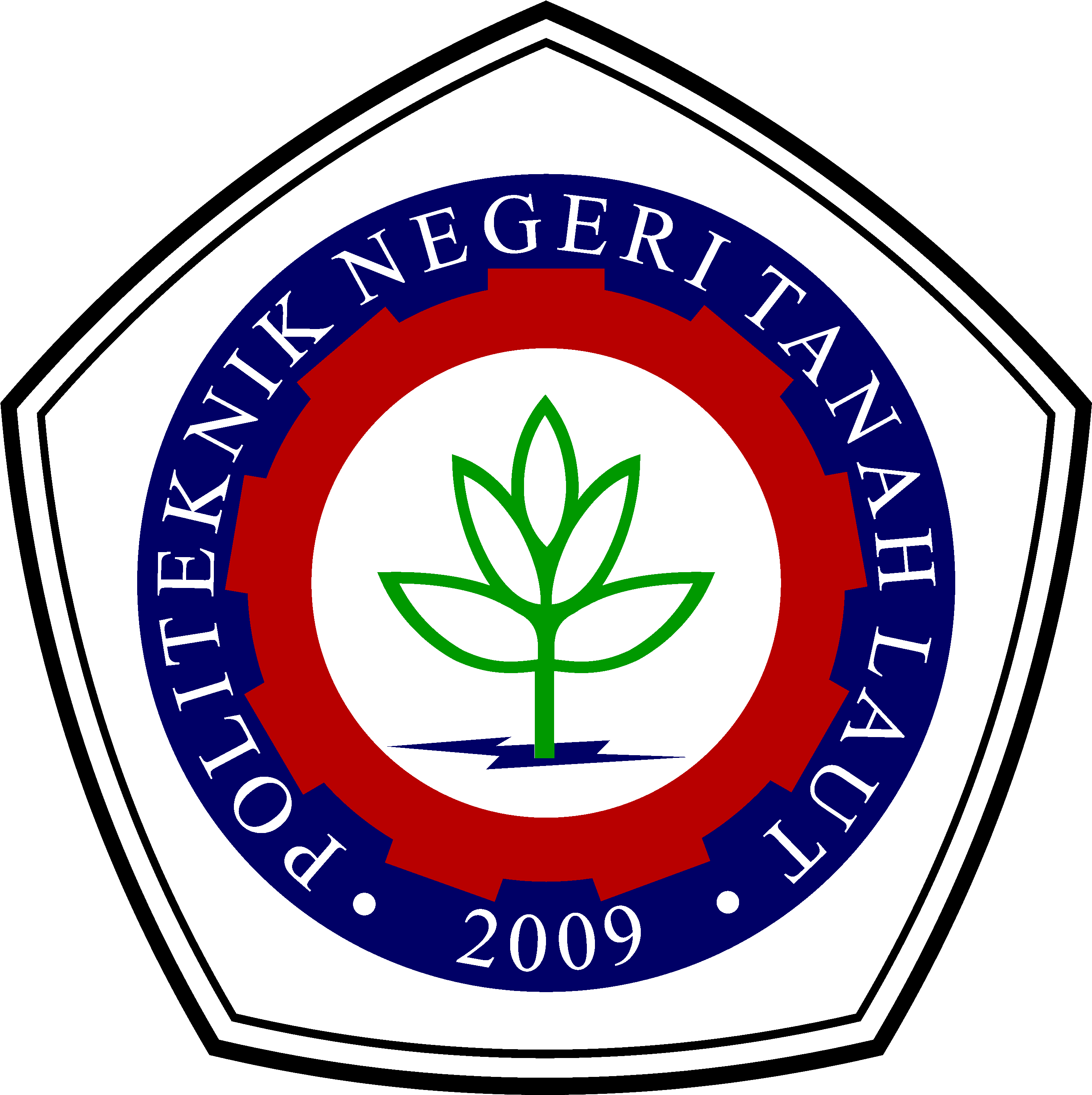AN ISLAMIC LEGAL REVIEW OF THE IMPLEMENTATION OF PRODUCTIVE WAQF AT DARUL IZZAH FOUNDATION, SOUTH TANGERANG
DOI:
https://doi.org/10.34128/jht.v10i2.219Keywords:
Islamic Law (Shariah), Productive Waqf, Waqf GovernanceAbstract
This study explores the implementation of productive waqf at the Darul Izzah Foundation in South Tangerang, Indonesia, focusing on its alignment with Islamic legal principles. Although waqf has traditionally been associated with religious purposes, its transformation into productive waqf presents significant opportunities for sustainable socio-economic development, particularly in education and community welfare. The study adopts a qualitative descriptive method to analyze how productive waqf is managed and interpreted within an Islamic legal framework. Data were collected through in-depth interviews with foundation staff and community leaders, supported by documentary analysis, and validated using triangulation and member checking techniques. The findings reveal that the foundation utilizes waqf assets, such as a transport vehicle, for both institutional operations and community needs, demonstrating the multifunctional role of waqf in promoting welfare. The institution also plans to expand into halal minimarkets and Islamic bookstores as part of its productive waqf initiatives. The governance model employed is participatory and transparent, involving religious and community stakeholders in decision-making, which enhances accountability and compliance with the pillars of waqf as stipulated in Islamic jurisprudence and Indonesian Law No. 41 of 2004. Challenges include limited public awareness and the need for professional waqf management. Nevertheless, the case of Darul Izzah illustrates how productive waqf can function as a lawful and effective tool for financial independence in Islamic educational institutions. This study contributes to the discourse on Shariah-compliant economic empowerment and offers a model for integrating waqf with modern Islamic finance in a socially impactful manner.
References
Creswell, J. W., & Poth, C. N. (2018). Qualitative inquiry and research design: Choosing among five approaches (4th ed.). Thousand Oaks, CA: SAGE Publications.
El Ashfahany, A., & Lestari, N. (2023). Optimizing cash waqf and cash waqf linked sukuk: The role of nazhir and the strategies. Iqtishadia: Jurnal Ekonomi dan Perbankan Syariah, 10(2), 123–137. https://www.researchgate.net/publication/369929565
Fachrurrazy, M., & Siliwadi, D. N. (2022). Potential for digital-based productive waqf development: A case study of Datuk Sulaiman and Muhammadiyah Islamic boarding schools. Al-Falah: Journal of Islamic Economics, 7(2), 130–145. https://www.researchgate.net/publication/362219348
Nawawi, M. (2021). Wakaf produktif dalam perspektif hukum Islam dan regulasi nasional. Jurnal Al-Ahkam, 31(1), 77–9
Sugiyono. (2019). Metode penelitian kualitatif, kuantitatif, dan R&D (Cetakan ke-4). Bandung: Alfabeta.







